The Future of Heat Pumps: Trends and Innovations
As the world continues to grapple with the challenges of climate change and energy sustainability, heat pumps are emerging as a key technology for efficient and eco-friendly heating and cooling. This article delves into the future development trends of heat pumps, highlighting innovations that are set to transform this industry.
Technological Advancements
The heat pump industry is witnessing rapid technological advancements aimed at enhancing efficiency, reliability, and versatility.
Enhanced Performance in Cold Climates: Traditional air-source heat pumps often struggle in extremely cold weather. However, recent innovations, such as variable-speed compressors and advanced refrigerants, are enabling these systems to operate efficiently even at sub-zero temperatures. These advancements are crucial for expanding the adoption of heat pumps in colder regions.

Integration with Smart Home Technology: Smart thermostats and home automation systems are becoming increasingly popular. Heat pumps integrated with these technologies can optimize energy use based on occupancy patterns and weather forecasts, providing users with greater control and energy savings.

Dual-Fuel Systems: Hybrid or dual-fuel heat pump systems that combine electric heat pumps with gas furnaces are gaining traction. These systems can switch between electricity and gas based on efficiency and cost considerations, ensuring optimal performance across a range of temperatures.
Increased Adoption of Renewable Energy Sources
The push for renewable energy integration is significantly impacting the heat pump market.
Solar-Assisted Heat Pumps: Combining heat pumps with solar panels creates a highly efficient system that can provide heating, cooling, and hot water while reducing reliance on grid electricity. These systems are particularly appealing in areas with high solar irradiance.
Geothermal Heat Pumps: Geothermal or ground-source heat pumps, which utilize the stable temperatures of the earth, are becoming more popular. Though they have higher upfront costs, their efficiency and lower operating costs make them an attractive long-term investment. Innovations in drilling technology are also helping to reduce installation costs, making these systems more accessible.

https://www.osbheatpump.com/inverter-geothermal-ground-source-heat-pump-solar-pv-system-product/
Government Policies and Incentives
Governments worldwide are recognizing the benefits of heat pumps and are implementing policies to promote their adoption.
Subsidies and Tax Credits: Many countries offer financial incentives, such as subsidies and tax credits, to offset the initial costs of installing heat pumps. These incentives are crucial in driving market growth and making heat pumps more affordable for homeowners and businesses.
Building Regulations: Stricter building codes and energy efficiency standards are encouraging the use of heat pumps in new constructions and renovations. These regulations often mandate the adoption of energy-efficient heating and cooling systems, further boosting the heat pump market.
Environmental and Economic Benefits
The environmental and economic benefits of heat pumps are becoming increasingly apparent.
Reduction in Carbon Emissions: Heat pumps are significantly more efficient than traditional heating systems, often achieving efficiencies of 300-400%. This efficiency translates into lower carbon emissions, making heat pumps a key component of strategies to combat climate change.
Lower Operating Costs: Despite the higher initial investment, heat pumps typically have lower operating costs compared to conventional heating systems. This cost-effectiveness is driving their adoption in both residential and commercial sectors.
Market Expansion and Global Adoption
In a report titled "Our Energy economy is Dirty and wasteful," Tesla said that 80 percent of the world's energy still comes from fossil fuels, and only a third of that energy functions efficiently and provides heat.
Tesla CEO Elon Musk pointed out at the event that there is a path to sustainability and that the planet can feed 8 billion people today.
He said: "The Earth is a dirty, rusty planet, but the future will be a planet powered by renewable energy, and you will see this transition in your lifetime."

The third part is for households, businesses, and industries to turn to heat pumps. Heat pumps can transfer energy from the outside of the house to the inside of the house, which will reduce the energy consumption of the building heating by 33 times. From an industry perspective, heat pumps pave the way for greater efficiency.

The heat pump market is expanding rapidly, with significant growth expected in both developed and developing regions.
Asia-Pacific Region: Countries like China and Japan are leading the adoption of heat pumps in the Asia-Pacific region, driven by strong government support and a growing awareness of environmental issues.
Europe and North America: In Europe, countries such as Germany and Sweden have been early adopters of heat pump technology. In North America, the market is poised for growth due to increasing energy efficiency standards and a shift towards renewable energy.
Conclusion
The future of heat pumps is bright, driven by technological advancements, government support, and a growing awareness of the need for sustainable energy solutions. As these trends continue to evolve, heat pumps will play an increasingly vital role in reducing carbon emissions and enhancing energy efficiency worldwide. For homeowners, businesses, and policymakers, now is the time to embrace this innovative technology and contribute to a greener, more sustainable future.

 Swimming Pool Heat Pump
Swimming Pool Heat Pump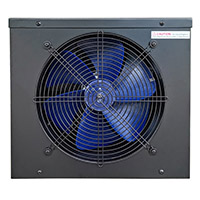 Ice Bath & Cold Plunge Chiller
Ice Bath & Cold Plunge Chiller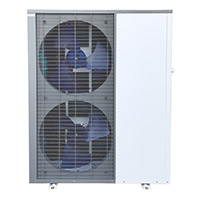 Heating & Cooling Heat Pump
Heating & Cooling Heat Pump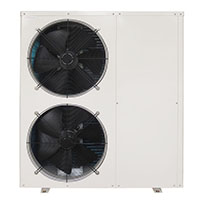 Domestic Hot Water Heat Pump
Domestic Hot Water Heat Pump 80℃ High Temperature Heat Pump
80℃ High Temperature Heat Pump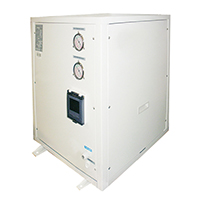 Geothermal / Water to Water Heat Pump
Geothermal / Water to Water Heat Pump Commercial Industrial Heat Pump
Commercial Industrial Heat Pump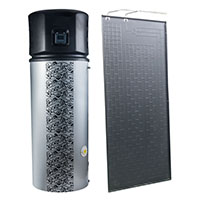 Solar Heat Pump
Solar Heat Pump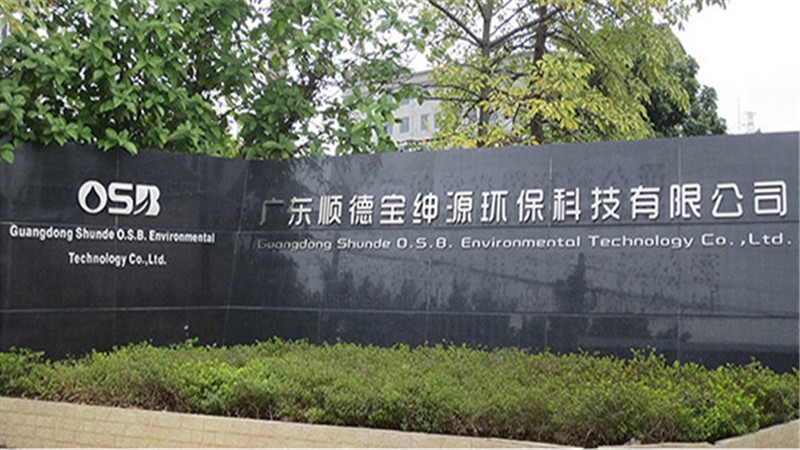 Company Profile
Company Profile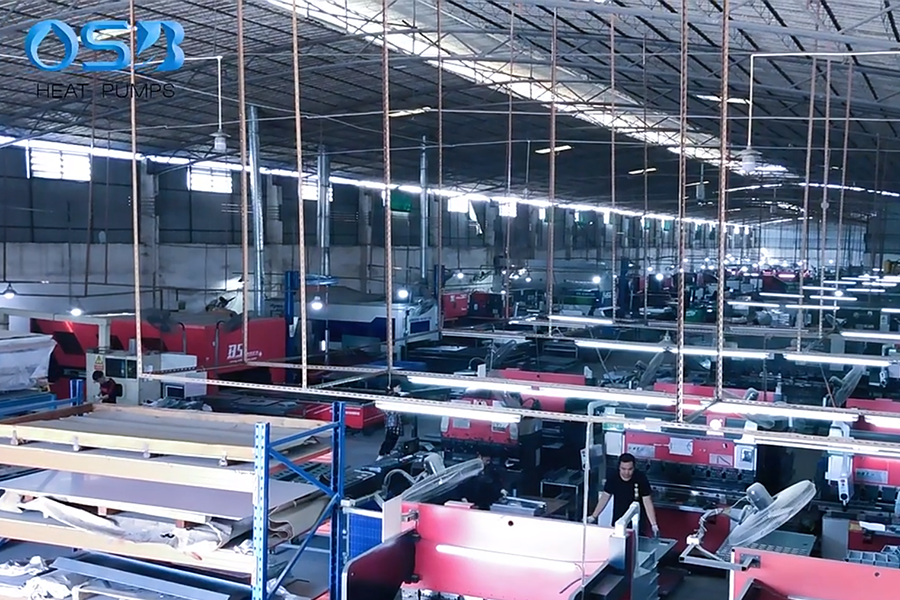 Supplier Management System
Supplier Management System Material Management
Material Management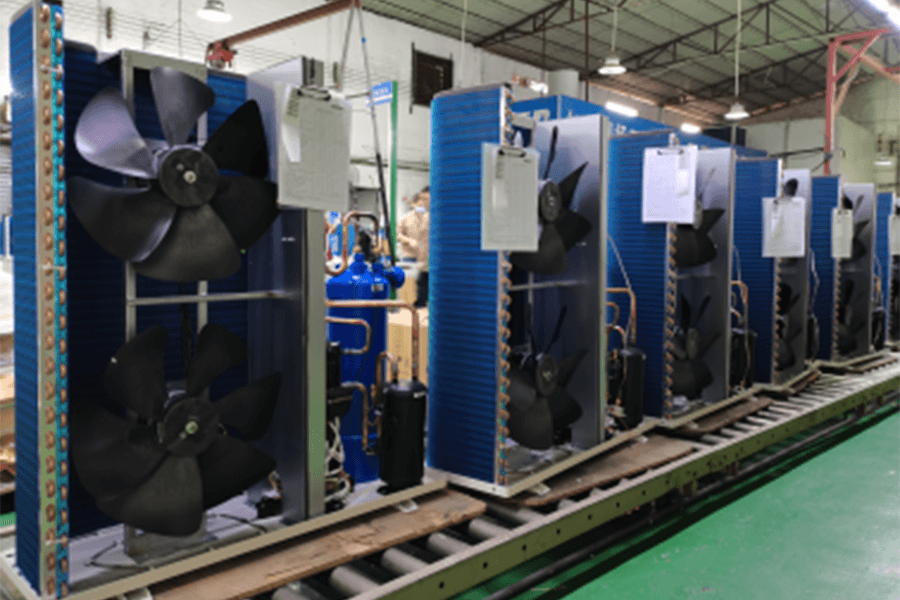 Production Process Management
Production Process Management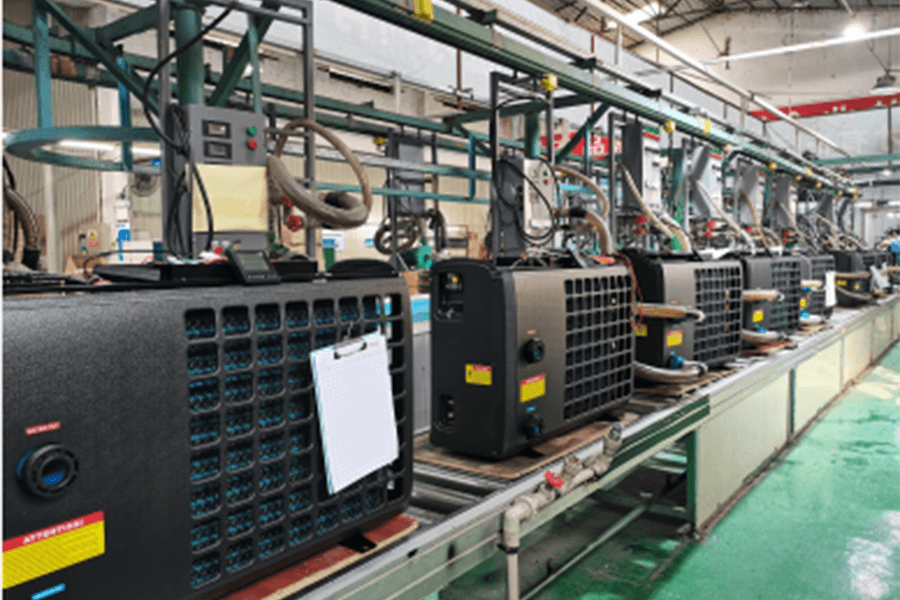 Product Inspection
Product Inspection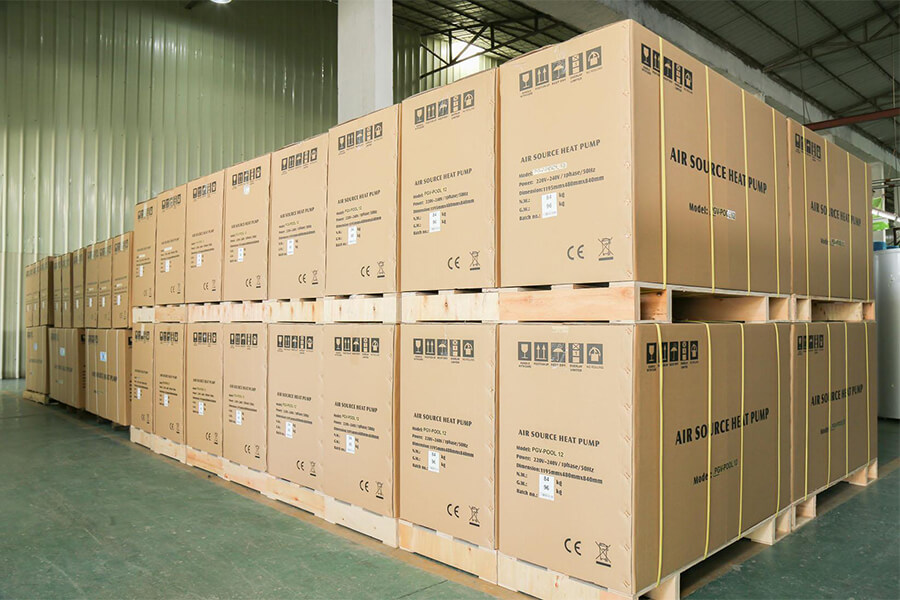 Packing & Shipping
Packing & Shipping After Sales Guarantee
After Sales Guarantee Certifications
Certifications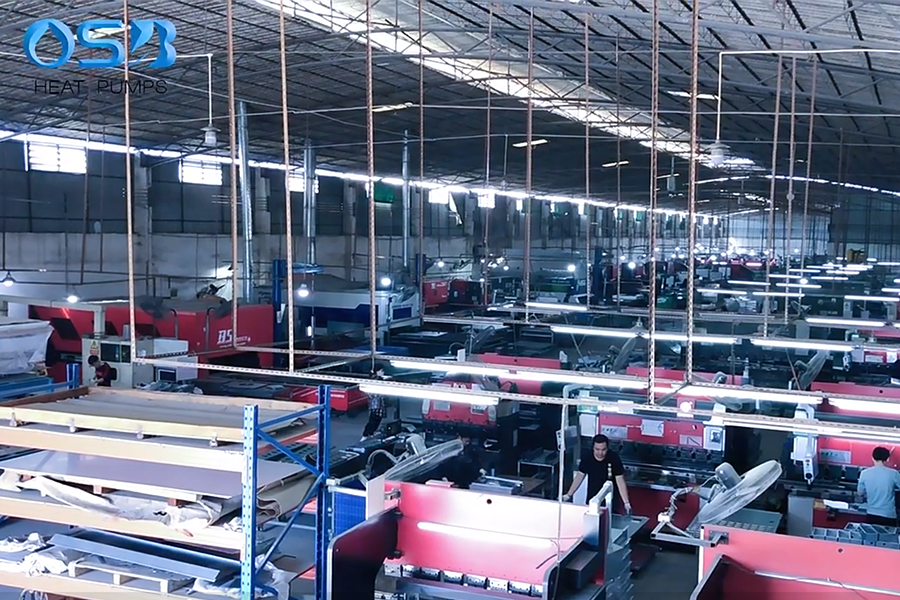 Stable Supply Chain
Stable Supply Chain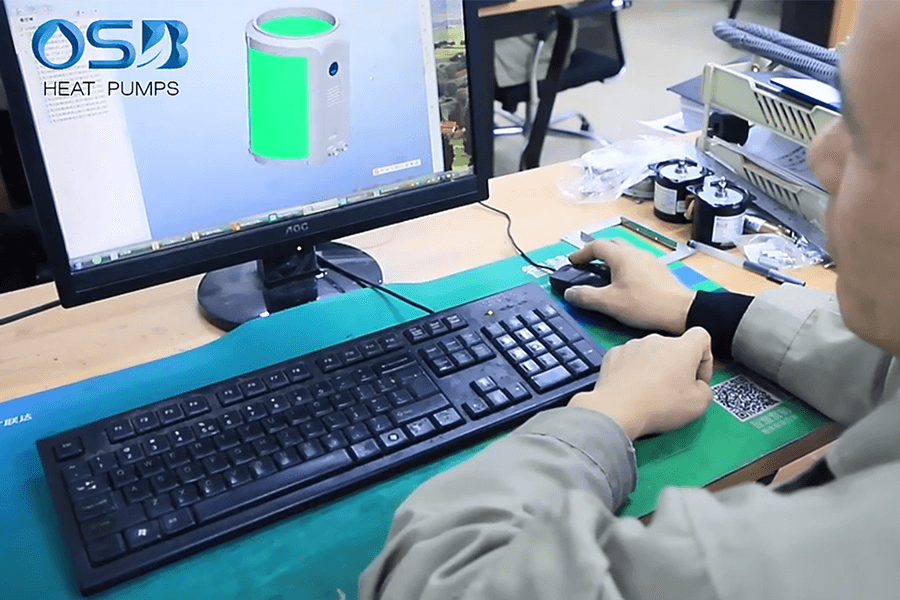 Design Capability
Design Capability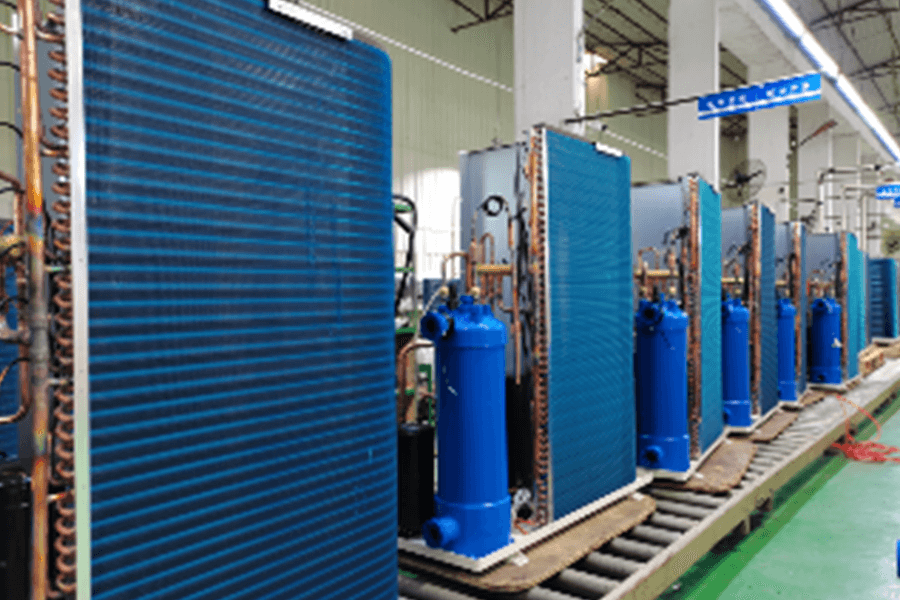 Production Efficiency
Production Efficiency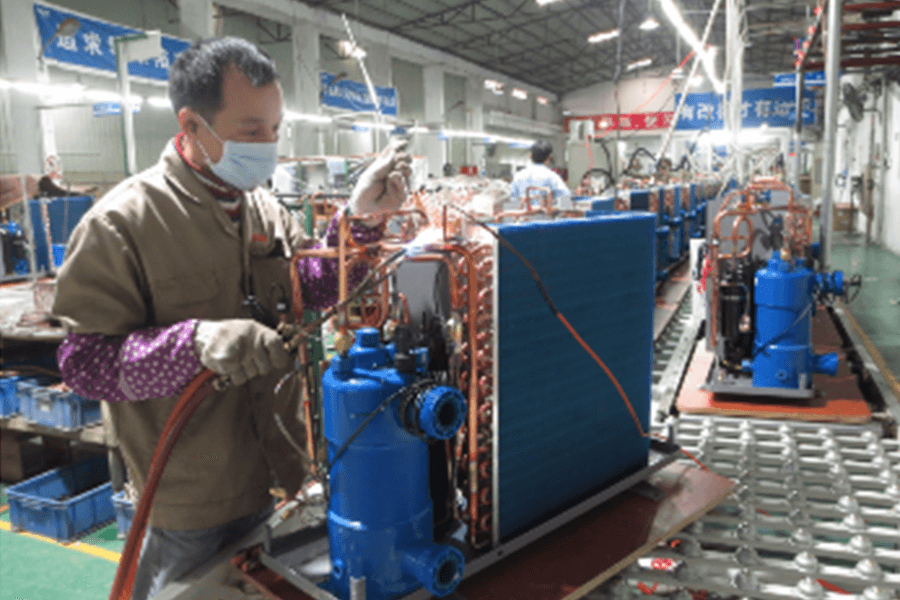 Skilled Workers and Advanced Production Process
Skilled Workers and Advanced Production Process Stable Cooperative Logistics
Stable Cooperative Logistics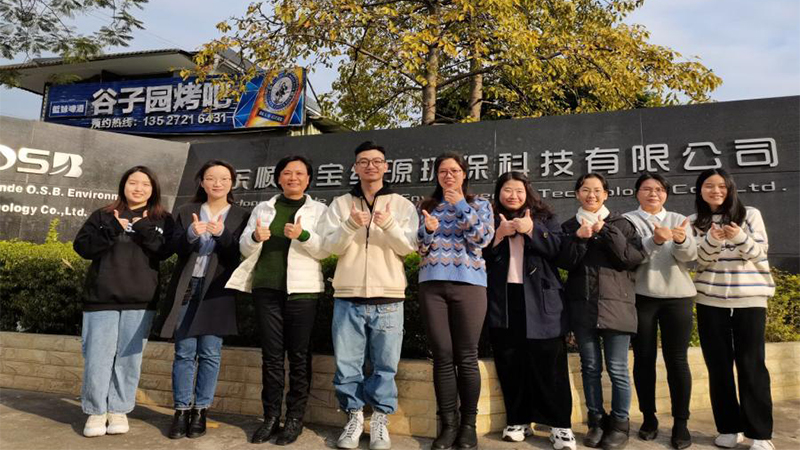 Team
Team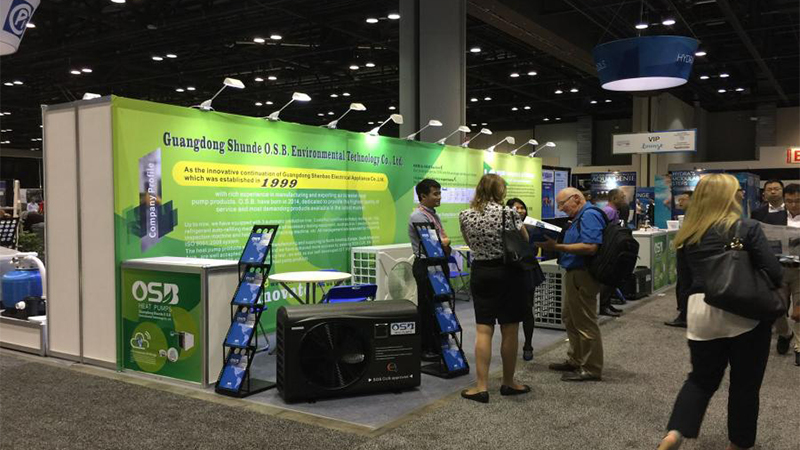 Exhibition
Exhibition Advantages
Advantages Social Responsibility
Social Responsibility










